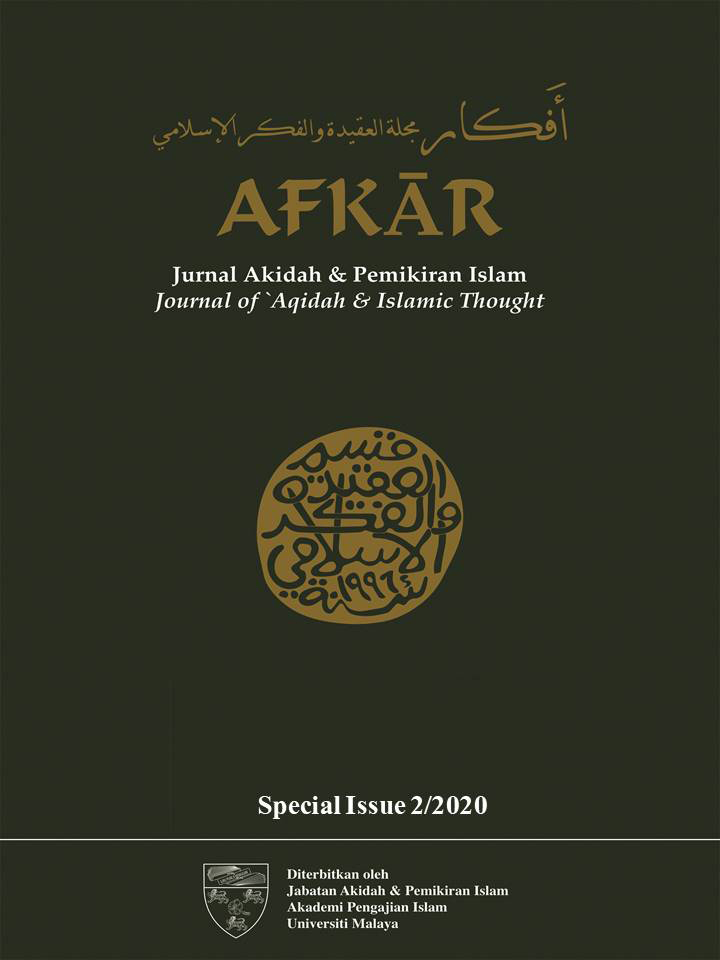The Significance of the ‘Ten Fundamentals’ (al-Mabādi’ al- ‘Asharah) in Conceptualizing the Epistemic Aims of Learning in Islam
Main Article Content
Abstract
The first Qur’anic revelation in Islam stressed on the fundamental epistemological issues that characterized the paramount role of knowledge and the attitude of the Muslims towards it throughout the history. Apart from knowledge of the subject matter itself, much emphasis was also given to mastering its prerequisites in the fields of grammar, rhetoric and logic (al-manṭiq); collectively known as the ‘sciences of the tools of knowledge’ (‘ilm al-ālāt). In their discussions of logic, Muslims have developed a systematic foundational framework of knowledge mapping known as the ‘ten fundamentals’ or al-mabādi’ al-‘asharah and subsequently adapted it in the learning of the various sciences. Therefore, this paper attempts to discuss the significance of this framework in conceptualizing the epistemic aims of learning in the Islamic tradition. Discussions include its origins and development, functions and adaptations throughout the various sciences, as well as an assessment of its role in conceptualizing the epistemic aims of learning in Islam based on the relevant primary and secondary sources. It is found that the practical utility of this framework does not only correspond with the overall epistemic aims of learning in Islam but is also applicable within the contemporary settings of Islamic education in the digital era.

